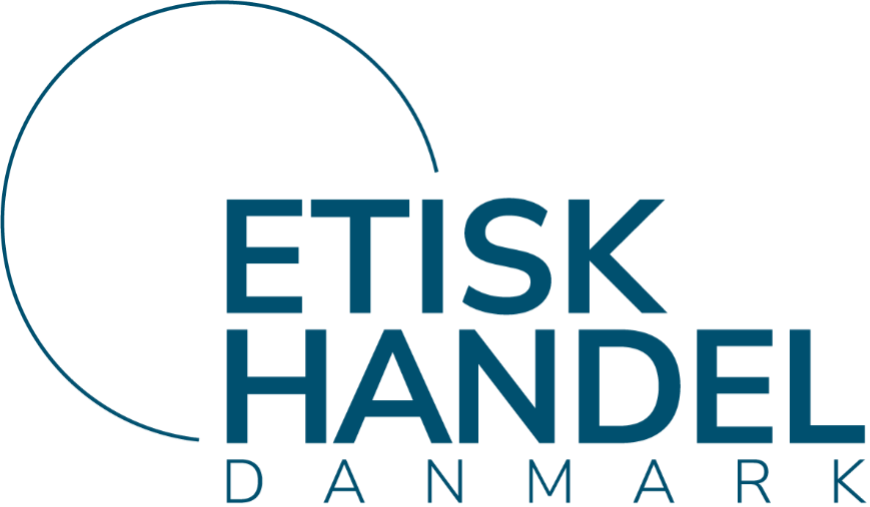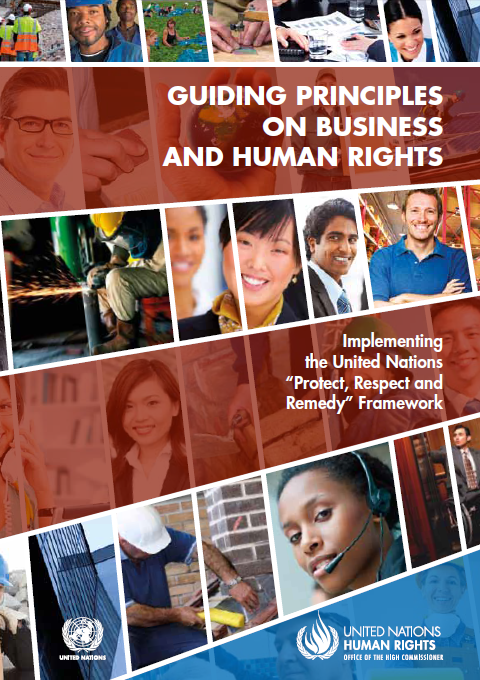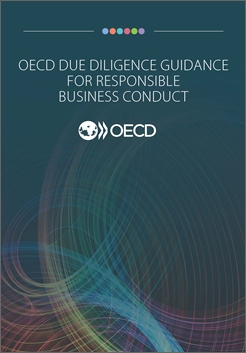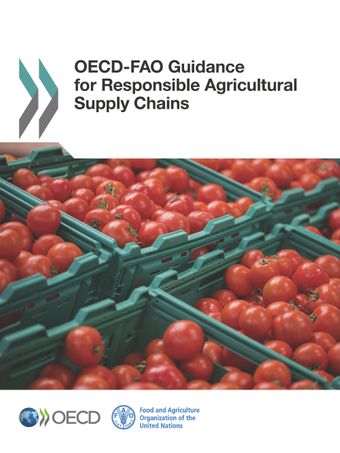Background
This guide is based on the internationally recognized standards of responsible business conduct that all companies – including small and medium-sized enterprises – are expected to implement and comply with. The responsibility of companies to respect human rights is independent of the ability or willingness of states to protect human rights.
The international standards on which the guide is based are:
The international guidelines give companies the flexibility to adapt the work to their own company set-up, specific initiatives and processes. Companies can use this guide as a framework to strengthen and develop their own tailored due diligence systems and continuously integrate the work into their own processes and workflows.
An important point in the international guidelines and guidance is that companies’ human rights due diligence work cannot be separated from climate and environmental due diligence. Companies need to manage climate and environmental risks in the same way as human rights – and they are often closely linked.
There are already a number of laws in different European countries that require companies to perform due diligence. Some are national, some are focused on a commodity (timber and conflict minerals) or a right (forced labor). During 2023, the EU is expected to adopt legislation obliging companies to conduct environmental and human rights due diligence. EU member states will then have 2 years to implement the legislation in each country.
Who is behind the guide?
This guide is aimed at small and medium-sized enterprises – i.e. companies with 2 to 250 employees, across industries. Human rights due diligence is relevant whether you are in the B2C or B2B market, import, export or have your own production in Denmark.
The purpose of the guide is to help SMEs in their work with human rights, environmental and climate due diligence – regardless of company size and resources. The guide provides inspiration on where to start and how to strengthen your current processes.
The guide has been prepared by Ethical Trade Denmark. A first version of the guide – focused on human rights and targeted at the food cluster – was developed in collaboration with the Danish Agriculture & Food Council and Arla, co-financed by the Danish Business Authority.
The guide may not be modified, reproduced or translated without prior written agreement with Ethical Trade Denmark. The guide may only be used in educational contexts with clear crediting of Ethical Trade Denmark, including a clear logo.




